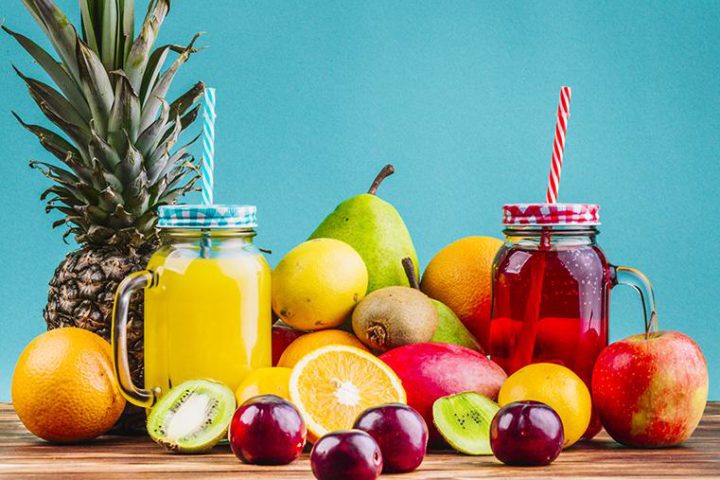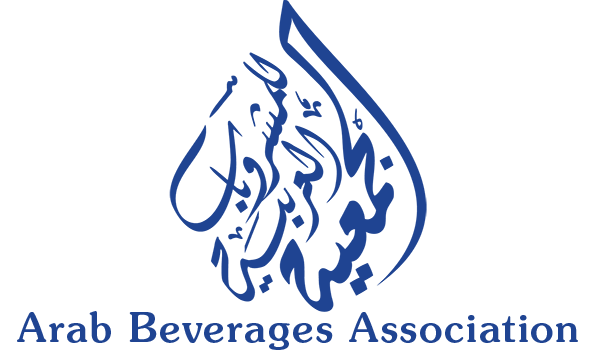Role of fruit juice in lowering inflammation

Inflammation is an indicator of stress inside the body and is believed to influence the pathophysiology of conditions such as diabetes, insulin resistance, and cardiovascular disease. Now, an intervention study from Brazil has examined the impact of two different high fat meals on inflammatory markers when served with water or orange juice (a source of antioxidant nutrients).
The randomised crossover trial in 55 healthy women involved half receiving a meal rich in saturated fatty acids (SFA; 37.6% energy), while the other half received a meal rich in monounsaturated fatty acids (MUFA; 56.3% energy). The women also drank either 500 ml of orange juice (test) or water (control) with the meal.
The results showed that a high intake of saturated fat promoted inflammation when compared with a high MUFA meal, but the negative impact of SFA was mitigated by orange juice for certain inflammatory biomarkers, particularly IL-17A.
In other research, a small lab-based study in 12 healthy individuals found that a high fat, high carbohydrate meal boosted inflammatory pathways when consumed with water or a glucose drink. In contrast, this effect was suppressed when the meal was consumed with orange juice. The researchers proposed that orange juice suppressed diet-induced inflammation by inhibiting toll like receptors expression and endotoxemia. Orange juice intake was associated with a 28-fold increase in promyelocytic leukemia (PML) protein which is believed to have a positive role in the body.
The authors of these studies concluded that drinking orange juice may help to counteract diet-induced inflammation as well as regulating the expression of key proteins such as PML involved in human health. Larger trials are now needed to confirm the results.
References
[1] Rocha DMUP et al. (2017)
Orange juice modulates proinflammatory cytokines after high-fat saturated meal consumption. Food Funct 8(12): 4396-4403
[2] Chaves DFS et al. (2017)
Proteomic Analysis of Peripheral Blood Mononuclear Cells after a High-Fat, High-Carbohydrate Meal with Orange Juice. J Proteome Res 16(11):4086-4092
Article downloadable version

